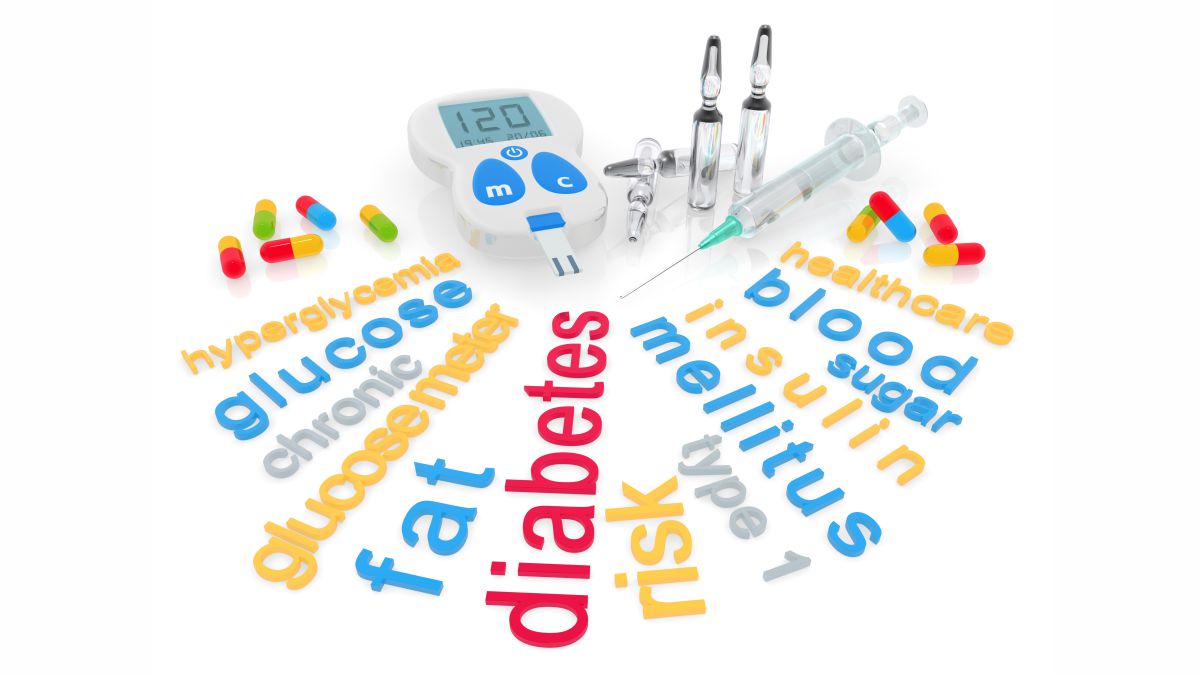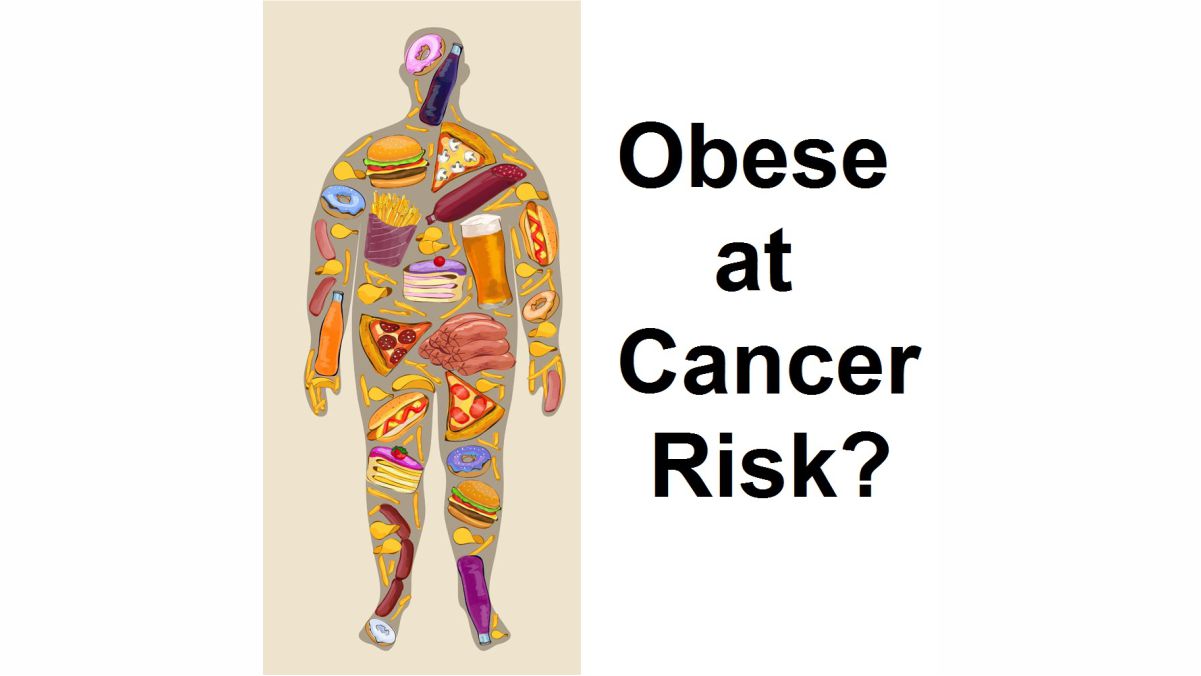
Is there a test to diagnose Obesity?
Is Obesity a common problem?
An accumulation of excessive fat in the adipose tissue of your body, to the extent that your health is impaired is obesity. It is a daunting task in the health care system to have a control on this condition. It gets further accelerated by sedentary lifestyle observed among a large percentage of the world’s population today. In developing countries more than 115 million people suffer from Obesity related problems.
How do I diagnose Obesity??
Unlike other chronic ailments obesity can be easily diagnosed, as the accumulation of fat near the waist can be easily seen. Also, simple tests like BMI and waist measurement can guide you. Early diagnosis gives humongous advantage to help control the conditions that arises as the disorder progress. Thus, could lower the risk of mortality.
Few ways to diagnose obesity:
1.BMI (body mass index) -
The calculation of BMI (Body Mass Index) is a simple and a commonly used parameter for testing and classifying the degree of obesity. It is the weight of individual in Kilograms divided by the square of height in meters (kg/m2).
| BMI VALUES | TEST RESULTS |
|---|---|
| Less than 18.5 kg/m 2 | Under weight |
| 18.5-24.9 kg/m2 | Ideal weight |
| 24.9 - 29.9 kg/m2 | Over weight ( Pre-Obese Conditions) |
| More than 29.9kg/m 2 | Over weight ( Obesity) |
2. Waist Measurement -
A mere measurement of waist can indicate the obese condition and is more precise than BMI. A value of more than 40 inches and 35 inches for men and women respectively has shown to be strongly associated with this disorder.
3. Lab tests -
Obesity can be diagnosed using essential laboratory tests where levels of your growth hormones, follicle stimulating hormone and luteinizing hormone are checked. Along with this insulin and blood ketone levels are quantified to asses weather your are obese or not.
How Should I loose weight?? ( Weight Reduction Strategies) -
- Loosing 10% of your body weight over a period of 6 months, at the rate of 500gms-1kg per week is considered ideal.
- A daily intake of 1600 kcal/day for men and 1200 kcal/day for women can help in sufficient weight reduction.
- Physical activities should increase slowly to reach a level that ensures moderate workout of 30 minutes or more on all days of the week.
A harsh or a vigorous approach is not considered safe and can harm you. Yet a conscious decision to first know if you are obese or not; by up taking screening tests and then accepting the facts is appropriate. Then comes the strategies available in huge sums today involving a combination of healthy food, lifestyle changes and exercises to loose the extra pound you have gained.










